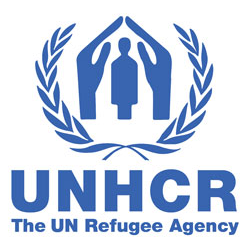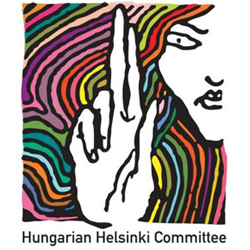Editor’s Note
The advancement of international refugee protection in Latin America has taken place through the adoption of soft law instruments, underlining the importance of regional approaches, international cooperation and solidarity. This development started with the adoption of the 1984 Cartagena Declaration on Refugees as a pragmatic humanitarian response to forced displacement in Latin America. The Cartagena Declaration, besides reiterating important principles and norms of international refugee law, calls for the treatment of refugees using norms and standards of the different branches of international law; it covers all the phases of forced displacement from entry to the territory to durable solutions, and it is better known for the inclusion of a recommendation for States to use a broader regional refugee definition. As part of the commemoration of the anniversary of the Cartagena Declaration, every 10 years, Latin American States have had the opportunity to reflect on current challenges and opportunities for the international protection of refugees. In this vein, in 1994 the San Jose Declaration on Refugees and Displaced Persons was adopted.
In 2004, the Mexico Declaration and Plan of Action brought a new impetus in the region for the search of durable solutions with the inclusion of three main programmes: cities of solidarity, borders of solidarity and solidarity resettlement, based on cooperation south-south and regional solidarity. As part of the preparations for the commemoration of the 60th Anniversary of the 1951 Convention Relating to the Status of Refugees and the 50th Anniversary of the 1961 Convention on the Reduction of Statessness, the Brasilia Declaration on the Protection of Refugees and Statess Persons in the Americas was adopted at the end of 2010. The Brazil Declaration and Plan of Action was adopted by 33 States and territories from Latin American and the Caribbean at the end of 2014 as part of the commemoration of the 30th Anniversary of the Cartagena Declaration on Refugees. At present, with the exception of Cuba which is still not party to the international refugee instruments, all Latin American States have adopted national legislation on refugees and have refugee status determination procedures. The broader refugee definition recommended by the Cartagena Declaration on Refugees has been included in national legislation of 14 States in the region.



